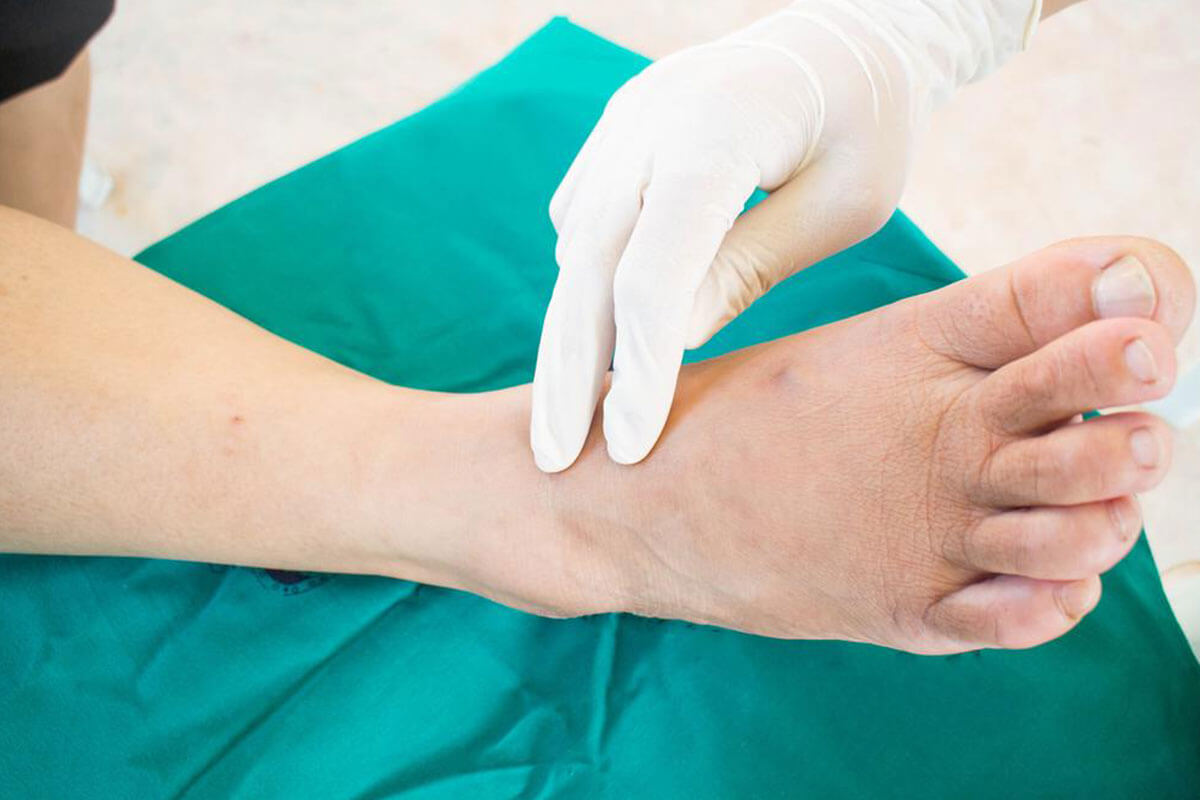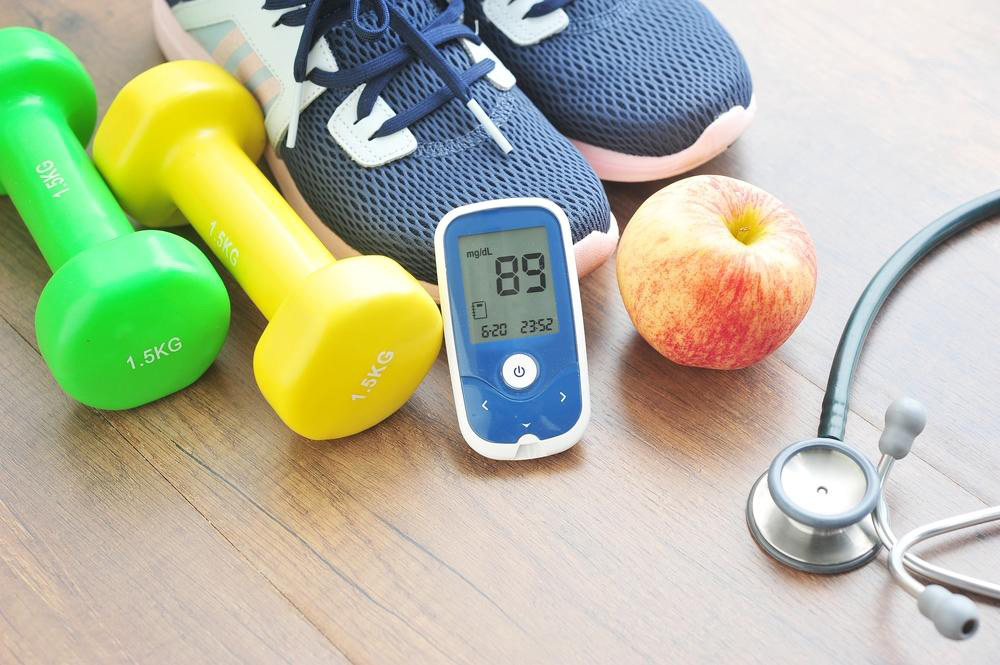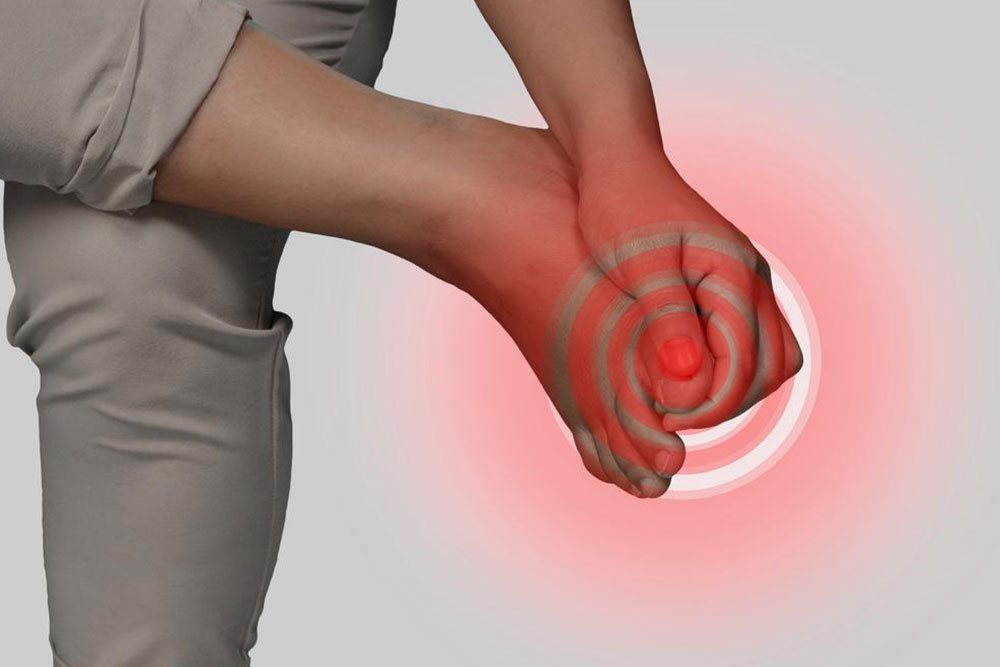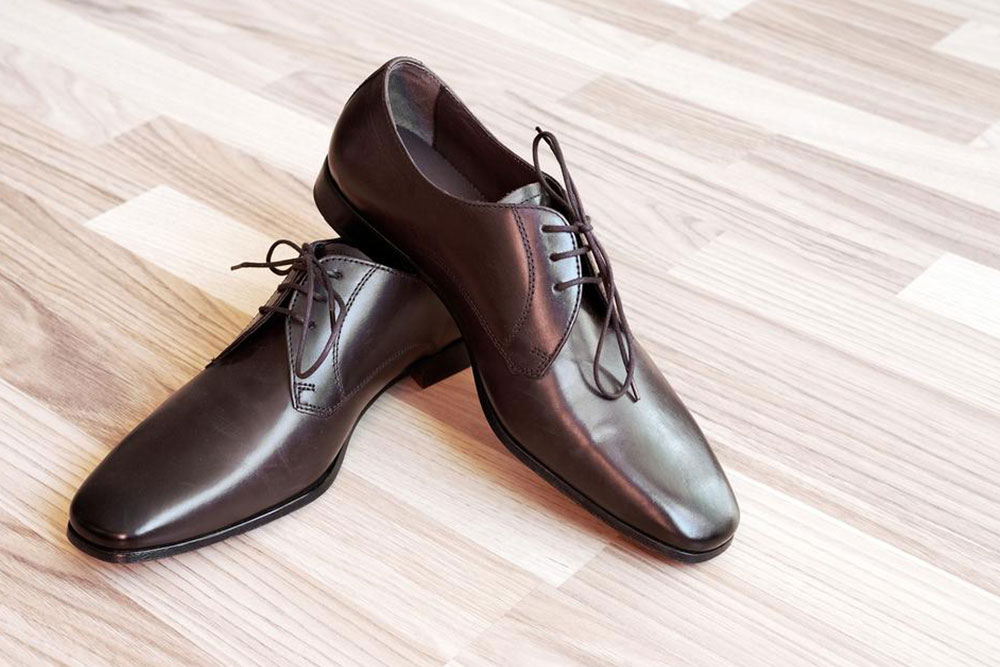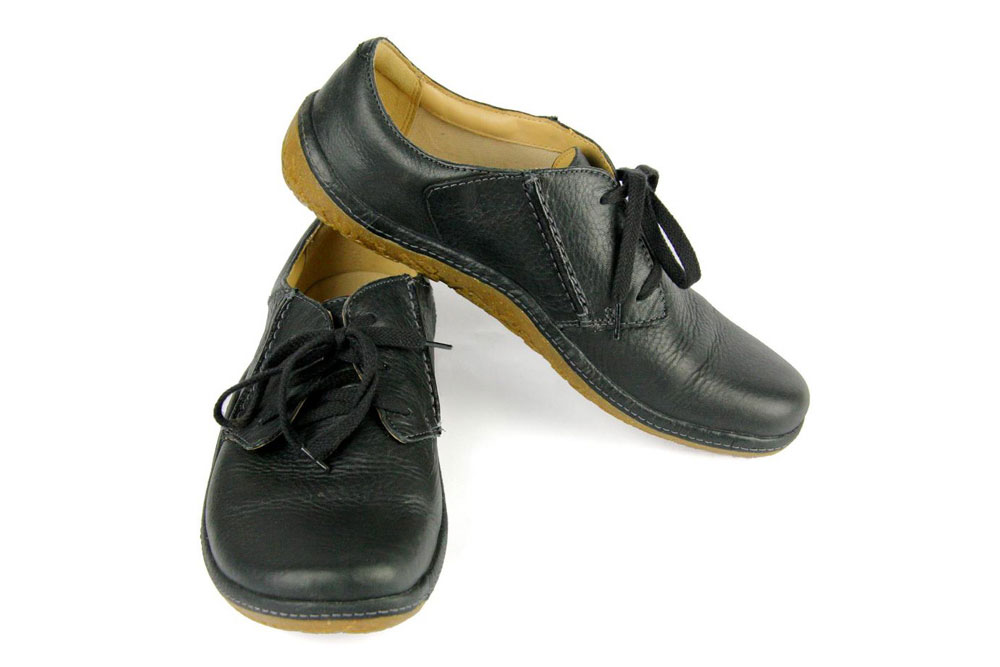Importance of Wearing Special Footwear for Diabetic Patients
Discover why diabetic-specific footwear is essential for foot health and injury prevention. Learn about the benefits of specialized shoes, early symptom recognition, and daily care tips to manage diabetes effectively. Wearing the right shoes can significantly reduce complications, improve comfort, and support overall well-being for diabetic individuals at all stages of the disease.

Why Is Wearing Specialized Footwear Crucial for Diabetics?
Diabetes affects nearly half of the population, making it one of the most prevalent and dangerous illnesses. Often overlooked due to mild early symptoms, the disease can go undiagnosed for years.
Understanding Diabetes Types
Genetics play a significant role, especially if the condition runs in your family. Generally, there are two main types of diabetes:
Type 1: An autoimmune disorder where the body’s immune system attacks insulin-producing cells.
External influences like viral infections can trigger this condition.
Type 2: The most common form, often linked to lifestyle choices like poor diet and obesity. Excess body fat can lead to insulin resistance. Recognizing early symptoms, such as unhealing wounds, is vital for management.
Feet are especially vulnerable to injuries and infections, so extra care is essential.
Maintain foot hygiene by washing and drying thoroughly. To safeguard against injuries, diabetic footwear was developed:
Designed specifically for diabetic individuals, recommended by healthcare professionals.
The soles are crafted to protect feet and aid in maintaining balance.
Available in various styles, including dress and walking shoes, all highly comfortable.
Made from materials that minimize sore formation, even after prolonged wear.
Features breathable construction with ventilated soles.
Extra depth supports comfortable walking and foot stability.
Soft soles promote blood flow, providing pain relief for swollen feet in advanced stages.
Diabetic shoes are suitable at any stage of the disease. Consistent use, combined with regular medical checkups for blood pressure, weight, and cholesterol, can greatly reduce complications.
Note:
Our blog provides diverse, helpful insights based on research. While informative, it should not replace professional medical advice. The site isn't responsible for discrepancies or unlisted offers. Always consult healthcare providers for personalized treatment.

